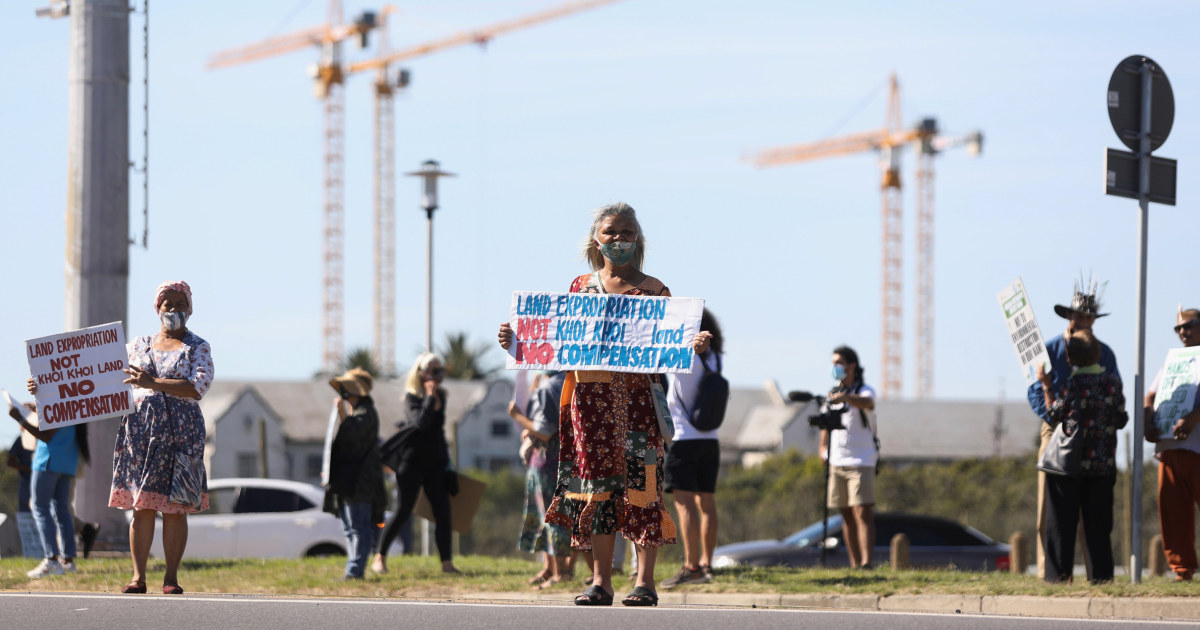
Amazon’s global expansion plans have hit a roadblock, after a judge in Cape Town, South Africa, ordered construction to stop on the company’s new regional headquarters until the developer consults with local Indigenous groups who say the land is sacred.
The ruling represents a victory for activists who campaigned against Amazon’s growing presence in South Africa for years, often by aligning themselves with other international movements opposing the company. It is a sign of the backlash that Amazon is facing around the world as it tries to compete in new markets.
“Just as South African peoples halted this mega-construction, so will warehouse workers dismantle Amazon’s abusive e-commerce machine, and activists end the conglomerate’s sponsorship of climate destruction,” Casper Gelderblom, an organizer with the activist group Progressive International, said in a statement.
Zach Goldsztejn, a spokesperson for Amazon, declined to comment on the record.
Amazon remains slated to be the primary tenant of the River Club, a $320 million mixed-use real estate development in Cape Town’s Observatory neighborhood, which will also include residential units, public green space and other amenities. Construction on the project began last year after it was approved by city officials.
But opponents have long argued that the development is being built on an important Indigenous historical site and the project should never have been authorized to move forward. In 1510, it was the location of a battle between Portuguese forces and a group of Khoi people, an event considered by some South Africans to be one of the earliest instances of Indigenous resistance to colonialism.
In August, the Observatory Civic Association, a local community group, and the Goringhaicona Khoi Khoin Indigenous Traditional Council filed a lawsuit with the provincial court asking it to halt work on the project while the government’s approval process could be reviewed.
“This matter ultimately concerns the rights of indigenous peoples,” Patricia Goliath, a judge serving on the Western Cape High Court, wrote in her Friday ruling. She said the developer, Liesbeek Leisure Properties Trust, had failed to engage in “proper consultation” with First Nations communities and that “construction should stop immediately.”
Goliath ordered the project could not move forward until the developer meaningfully engaged with all Indigenous groups. She also said Liesbeek Leisure Properties Trust needed to wait for the court to review the rezoning and environmental authorizations it had already obtained.
Trace Venter, a spokesperson for Liesbeek Leisure Properties Trust, said it was “deeply disappointed” by the outcome and is “considering the legal avenues available to it in the circumstances.”
Source: | This article originally belongs to Nbcnews.com










